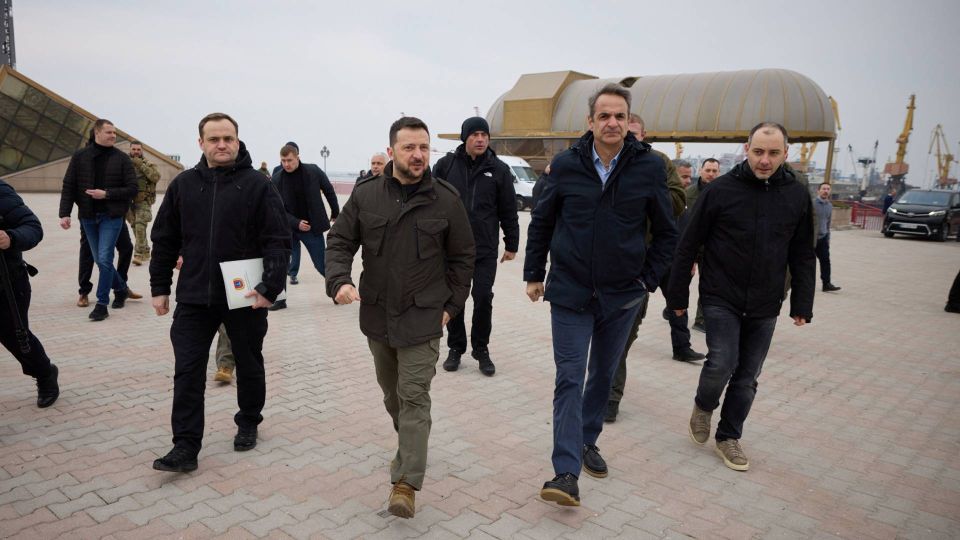The U.N. chief urges the Security Council to ‘use all tools’ to help Afghanistan


The United Nations’ leader and the Security Council appealed on Monday for an end to hostilities in Afghanistan, humanitarian aid to the country and the creation of a representative government that will protect the rights of women, prevent human rights abuses and keep the country from once again becoming a haven for global terrorist plots.
The 15-member Security Council held an emergency meeting on the rapidly escalating chaos a day after Kabul and the government fell to Taliban forces. U.N. Secretary General António Guterres and diplomats conveyed alarm but also tacitly acknowledged that the Taliban effectively controlled Afghanistan and the era of foreign military intervention was over.
The Council statement, agreed by consensus, called for “an immediate end to the violence in Afghanistan, the restoration of security, civil and constitutional order, and urgent talks to resolve the current crisis of authority in the country and to arrive at a peaceful settlement through an Afghan-led, Afghan-owned process of national reconciliation.”
As terrified Afghans flocked to the airport in Kabul, rushing the runway and clinging to U.S. military airplanes scrambling to airlift Americans and Afghan allies, Mr. Guterres said the U.N. remained committed to providing aid and other services in Afghanistan. About 18 million people in the country, half of its population, currently need humanitarian assistance.
“At this grave hour, I urge all parties, especially the Taliban, to exercise utmost restraint to protect lives and to ensure that humanitarian needs are met,” Mr. Guterres said in his prepared remarks.
He urged all other countries “to be willing to receive Afghan refugees and refrain from any deportations.”
Ghulam Isaczai, Afghanistan’s ambassador to the U.N., said Kabul residents reported the Taliban had already started searching houses, registering names. He said people were living “in absolute fear right now.”
While Council members spoke of their concerns that the rights gained for women and girls, journalists and activists would be lost and terrorist groups would shelter in the country, there was little sign of a plan for preventing those fears from becoming reality.
Afghan leaders who have remained in the country, including Hamid Karzai, the former longtime president, say they want to negotiate formation of a government with the Taliban, but it is not clear that the victorious insurgents have any interest in compromise.
Afghanistan surged toward the top of U.N. humanitarian priorities over the past few weeks as it became increasingly clear that the Afghan government was collapsing. On Friday, Mr. Guterres said the country was “spinning out of control.”
It remains unclear how the United Nations will regard the Taliban should the militant movement declare itself the legitimate power in Afghanistan and demand a seat in the 193-member organization. Many countries have condemned the Taliban’s brutality and would probably not recognize such a declaration.
The United Nations employs roughly 3,000 employees who are Afghan and about 720 international staff members in Afghanistan, although roughly half of the international employees have been working outside the country since the coronavirus pandemic started. U.N. officials have said that there are no plans to evacuate any staff members from the country.
The Taliban have pledged not to interfere in U.N. aid operations, but they attacked a U.N. office in the western city of Herat on July 30, and a local security official guarding the office was killed.
A group of 26 U.N. human rights experts issued a joint statement on Monday saying it was unacceptable for countries to sit on the sidelines as a group labeled terrorists by the Security Council takes over Afghanistan.
“Afghanistan is a test case for the value of the U.N. Charter, and the commitment of States to prevent the scourge of terrorism from destroying rights-bearing societies and values,” the statement said.
Source: nytimes.com




